News Grille
GLOBAL ALERT
BATTLING CORONAVIRUS
fnbworld bureau/agencies
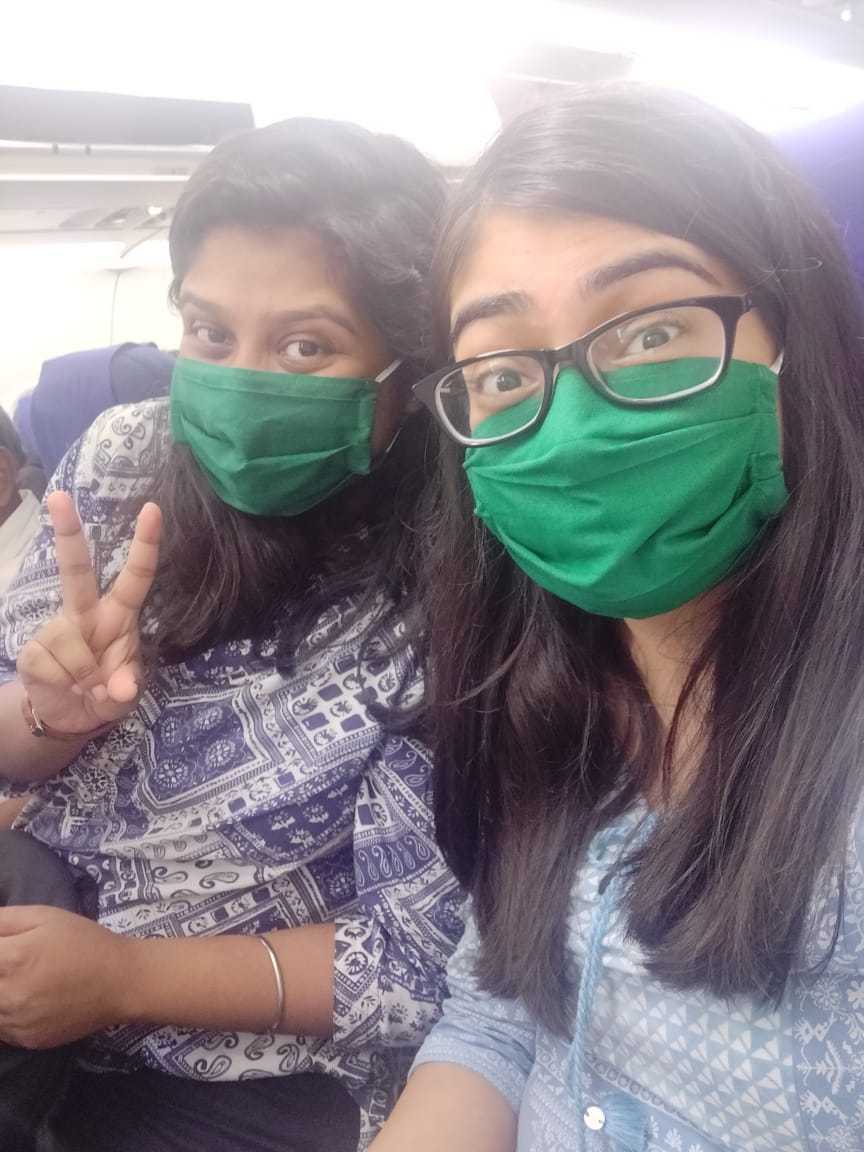
Photo credit: Ridhi Chhabra/Copyright; Right Impact Media Inc.
Even as the world debates the origin and upsurge in coronavirus, globally it is being tackled and attempts underway on war footing to contain it. Some vital aspects stated below even as the medical fraternity looks up to scientists for the cure.
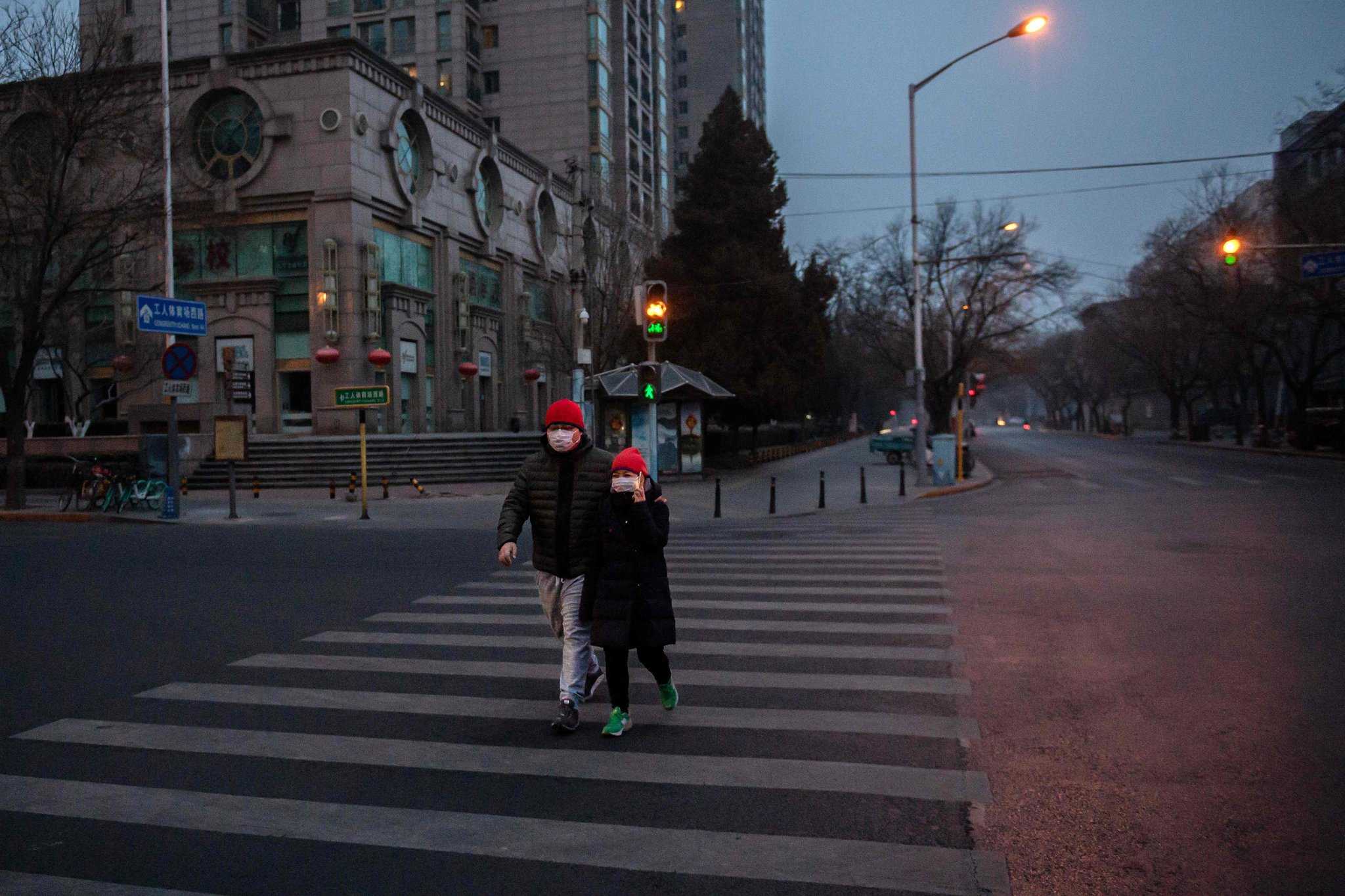
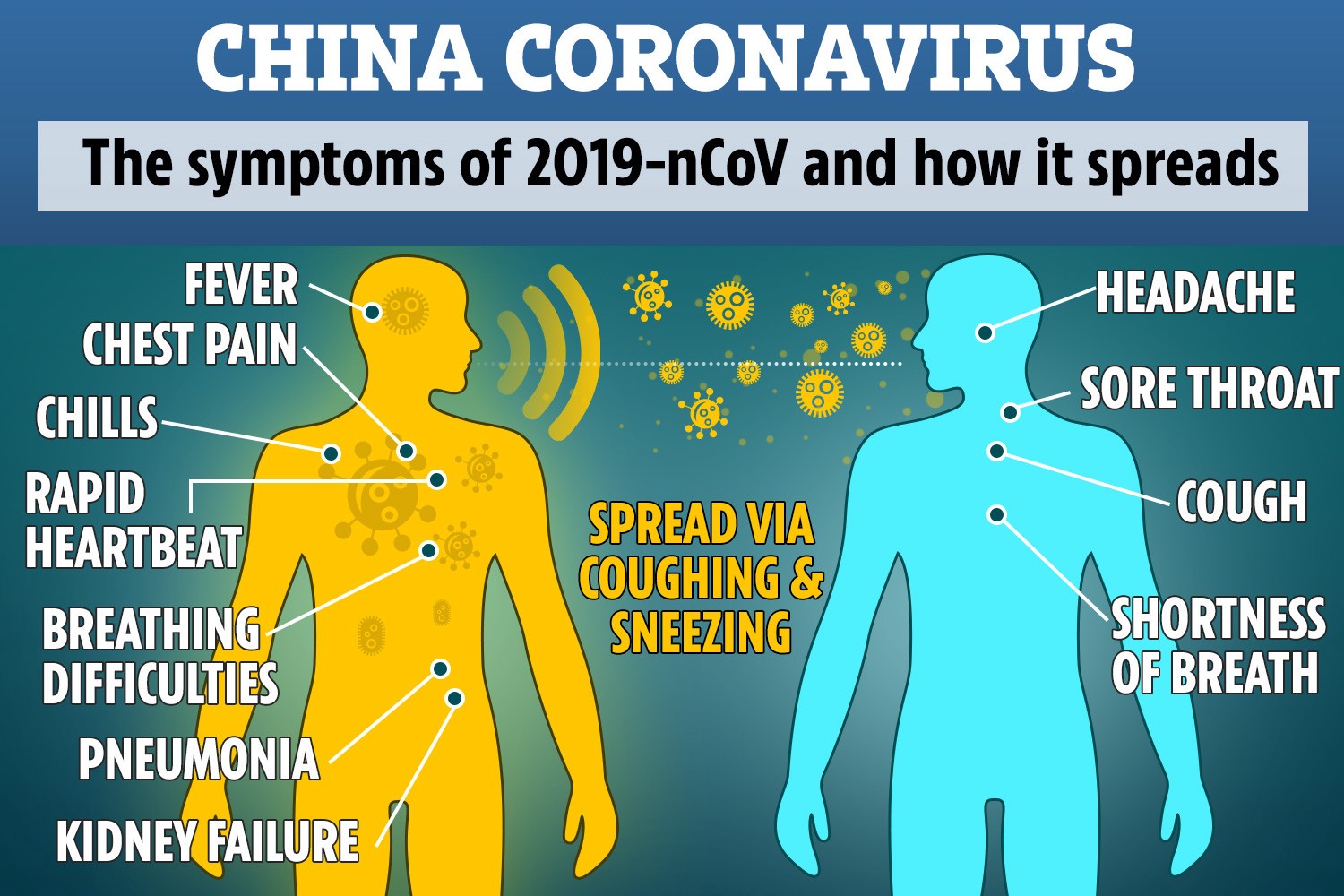
Countries need to encourage early testing, and make testing available across local districts, to identify the arrival of the virus fast.
South Korea is a good example of widespread, early testing and heightened vigilance in reporting symptoms - the country's health ministry has rolled out a smartphone app that asks citizens to do a daily check of their symptoms, and to notify local health officials if necessary.
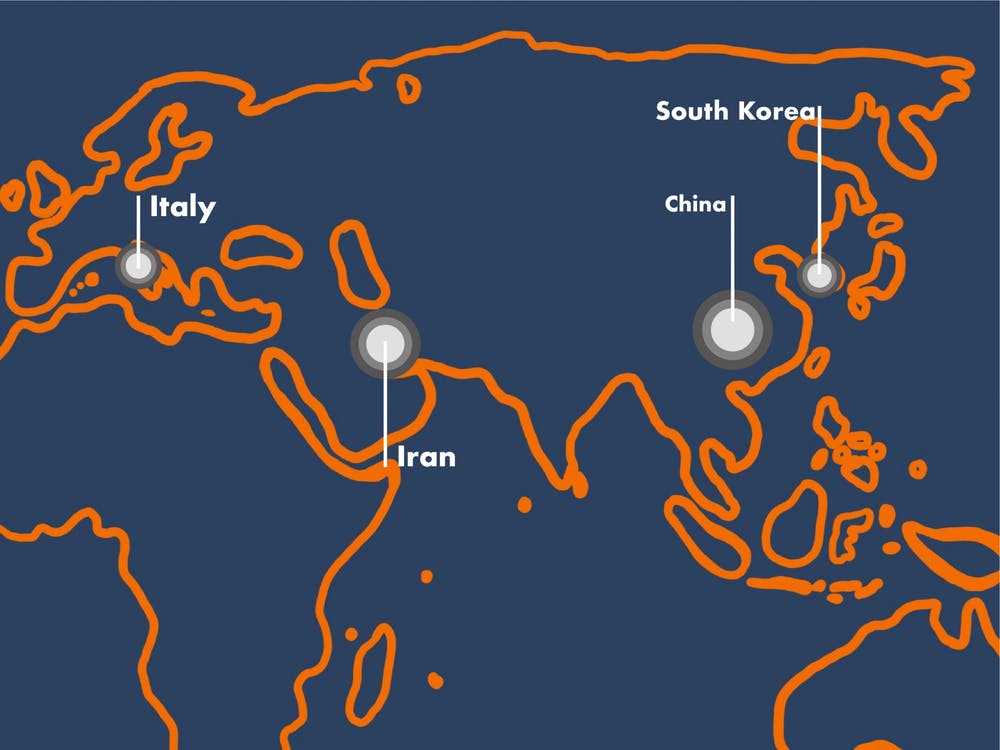
The South Korean city of Goyang has even set up a drive-through coronavirus testing site: people drive into a parking lot, where health workers in hazmat suits register drivers, check their temperatures, and take samples.
South Korea pioneers coronavirus drive-through testing station. South Korea pioneers coronavirus drive-through testing station. Drivers go through the entire testing process in a matter of minutes without ever getting out of their cars -- making it easy for more people to get tested quickly, as well as protecting healthcare workers from exposure to the virus.
Corona - (WHO)
Basic protective measures against the new coronavirus:
Stay aware of the latest information on the COVID-19 outbreak, available on the WHO website and through your national and local public health authority. COVID-19 is still affecting mostly people in China with some outbreaks in other countries. Most people who become infected experience mild illness and recover, but it can be more severe for others. Take care of your health and protect others by doing the following:
Wash your hands often
Regularly and thoroughly clean your hands with an alcohol-based hand rub or wash them with soap and water as washing your hands with soap and water or using alcohol-based hand rub kills viruses that may be on your hands.
Maintain social distancing
Maintain at least 1 metre (3 feet) distance between yourself and anyone who is coughing or sneezing.
Why? When someone coughs or sneezes they spray small liquid droplets from their nose or mouth which may contain virus. If you are too close, you can breathe in the droplets, including the COVID-19 virus if the person coughing has the disease.
Avoid touching eyes, nose and mouth
Why? Hands touch many surfaces and can pick up viruses. Once contaminated, hands can transfer the virus to your eyes, nose or mouth. From there, the virus can enter your body and can make you sick.
Practice respiratory hygiene
Make sure you, and the people around you, follow good respiratory hygiene. This means covering your mouth and nose with your bent elbow or tissue when you cough or sneeze. Then dispose of the used tissue immediately. Droplets spread virus. By following good respiratory hygiene you protect the people around you from viruses such as cold, flu and COVID-19.
If you have fever, cough and difficulty breathing, seek medical care early. Stay home if you feel unwell. If you have a fever, cough and difficulty breathing, seek medical attention and call in advance. Follow the directions of your local health authority.
Stay informed and heed to advice given by your healthcare provider.
Stay informed on the latest developments about COVID-19. Follow advice given by your healthcare provider, your national and local public health authority or your employer on how to protect yourself and others from COVID-19.
National and local authorities will have the most up to date information on whether COVID-19 is spreading in your area. They are best placed to advise on what people in your area should be doing to protect themselves.
Protection measures for persons who are in or have recently visited (past 14 days) areas where COVID-19 is spreading. Follow the guidance outlined above.
Stay at home if you begin to feel unwell, even with mild symptoms such as headache and slight runny nose, until you recover. Why? Avoiding contact with others and visits to medical facilities will allow these facilities to operate more effectively and help protect you and others from possible COVID-19 and other viruses.
If you develop fever, cough and difficulty breathing, seek medical advice promptly as this may be due to a respiratory infection or other serious condition. Call in advance and tell your provider of any recent travel or contact with travelers. Why? Calling in advance will allow your health care provider to quickly direct you to the right health facility. This will also help to prevent possible spread of COVID-19 and other viruses.
Meanwhile, a pet dog infected with COVID-19, Hong Kong authorities confirm first case of human-to-animal disease transmission.
DE-STRESS:
The availability bias is not the only factor influencing anxiety in the current circumstances. We tend to believe things that we hear repeatedly whether or not they are true, and we also remember things that elicit strong emotions. In addition, the emotions we experience significantly influence the information that we attend to. For example, research has shown that if we are anxious, we pay much more attention to anxiety-provoking events and we also overestimate their likely future occurrence.
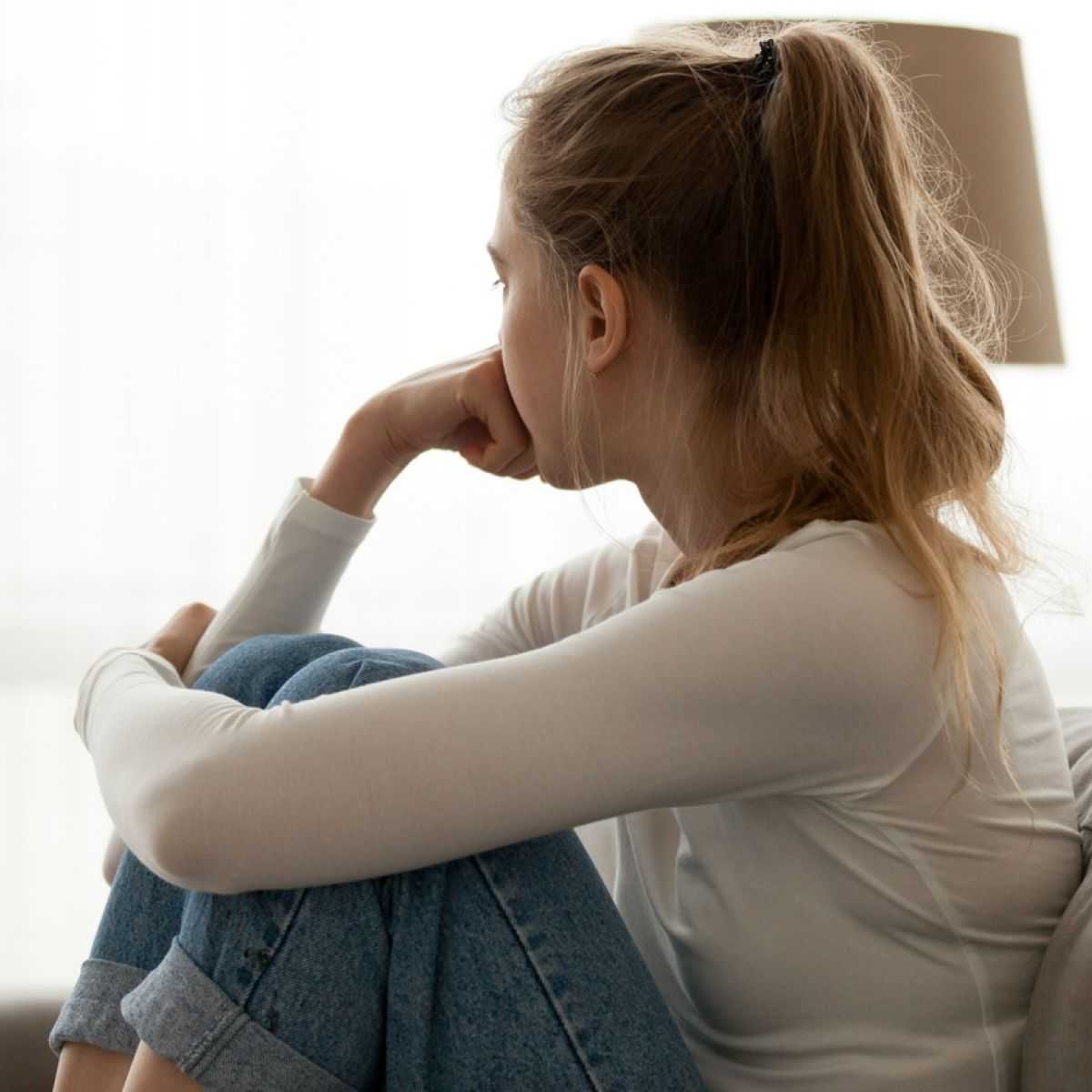
So, it is clear that the characteristics of the present outbreak (especially uncertainty and unpredictability), the non-stop media cycle, the saturation of social media, and the particular ways in which our minds work can create a hyper-vigilant state in which our anxiety drives us to seek out more and more information. This, in turn, increases our anxiety in a self-perpetuating cycle that can prove disabling, says an article published at: Irishtimes.com
For each one of us, the choices to meditate are aplenty. Remain passionate, look for the expored within you. Cooking works for some, while music works for others etc.